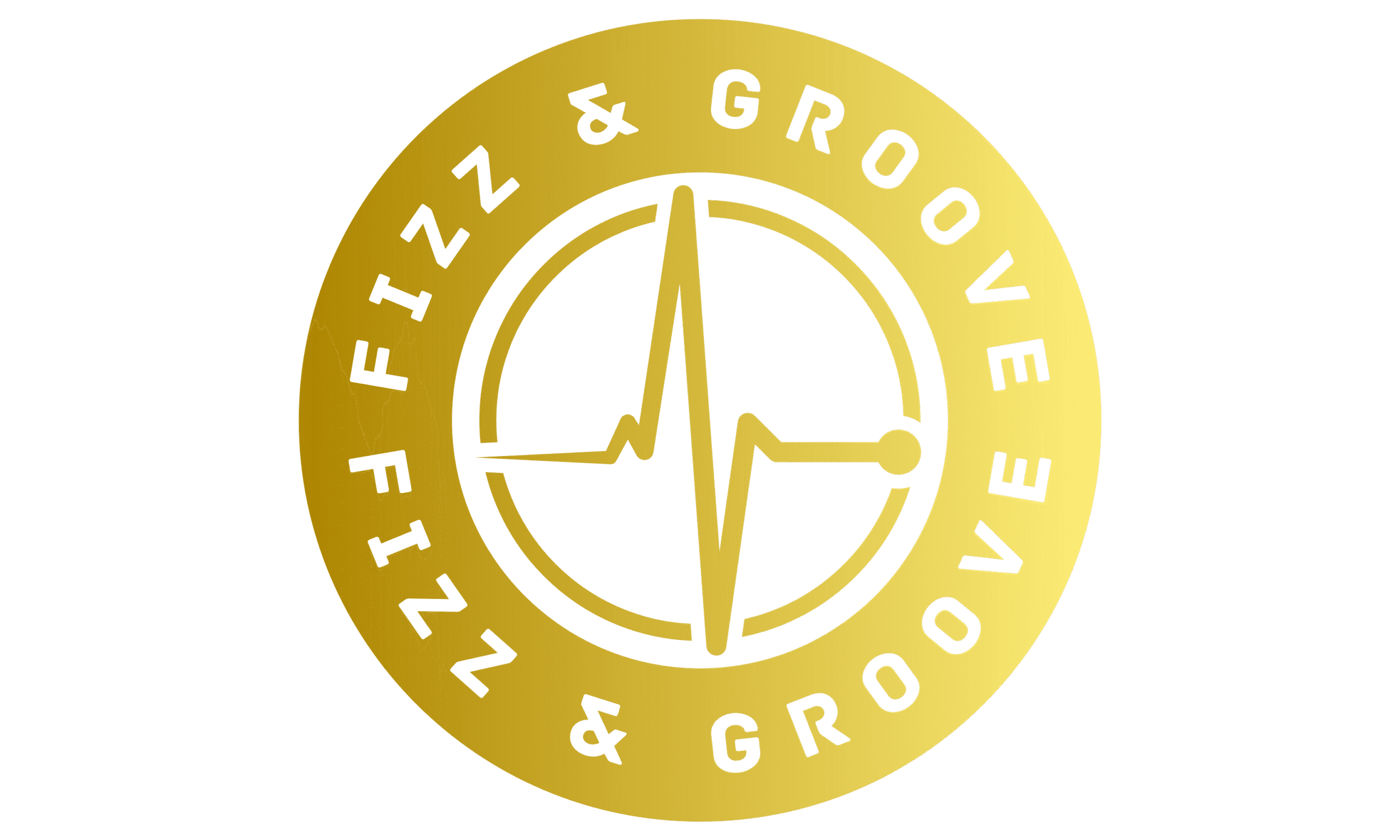Digital vs Vinyl: A DJ’s Perspective
As a professional DJ who has been spinning tunes for 18 years, I have witnessed the evolution of DJing from vinyl records to digital files. I have used both formats extensively and I have my own preferences and opinions on the pros and cons of each one. In this article, I will share with you some of the differences between digital and vinyl DJing, and how they affect the performance, the sound quality, the creativity, and the convenience of being a DJ.
Performance
One of the most obvious differences between digital and vinyl DJing is the way you interact with the music. With vinyl, you have to physically manipulate the records on the turntables, using your hands and ears to cue, mix, scratch, and beatmatch. With digital, you can use a laptop, a controller, a CDJ, or a USB stick to play your tracks, and rely on software features like sync, cue points, loops, effects, and waveforms to help you mix.
There is no right or wrong way to DJ, and both formats have their advantages and disadvantages when it comes to performance. Vinyl DJing requires more skill and practice, but it also gives you more control and feel over the music. You can create subtle nuances and variations in your mixes that are hard to replicate with digital. You can also show off your scratching and turntablism skills, which are impressive and fun to watch.
Digital DJing is easier and more accessible, but it also gives you more options and flexibility. You can access thousands of tracks in seconds, without having to carry heavy crates of records. You can also use software tools to enhance your mixes, such as effects, loops, samples, filters, etc. You can also sync your tracks automatically, which frees up your hands and ears to focus on other aspects of your performance.
Sound Quality
Another difference between digital and vinyl DJing is the sound quality of the music. Vinyl records have a warm and analog sound that many people love and appreciate. They also have a unique character and charm that comes from the pops, crackles, and hisses that are inherent to the format. Vinyl records can also sound different depending on the condition of the record, the needle, the turntable, and the mixer.
Digital files have a crisp and clear sound that is faithful to the original recording. They also have a consistent quality that does not degrade over time or with repeated use. Digital files can also sound different depending on the format, the bitrate, the software, and the sound card.
The sound quality of digital vs vinyl DJing is largely a matter of personal preference and taste. Some people prefer the warmth and nostalgia of vinyl records, while others prefer the clarity and accuracy of digital files. Some people also claim that vinyl records sound better on big club systems than digital files, while others argue that digital files have more dynamic range and frequency response than vinyl records.
Creativity
Another difference between digital and vinyl DJing is the creative potential of each format. Vinyl records are limited by their physical nature. You can only play what is on the record, and you have to work with what you have. You can be creative by selecting the right records for your set, by blending them in interesting ways, by manipulating them with your hands, by using external effects units or samplers, etc.
Digital files are unlimited by their virtual nature. You can play anything you want, as long as you have it on your laptop or USB stick. You can also edit your tracks before or during your set, by adding cue points, loops, effects, etc. You can also remix your tracks on the fly using software features like stems or remix decks. You can also create your own tracks using production software or apps.
The creative potential of digital vs vinyl DJing is largely a matter of personal style and preference. Some people prefer the simplicity and authenticity of vinyl records, while others prefer the versatility and innovation of digital files. Some people also find that vinyl records inspire them more than digital files, while others find that digital files offer them more possibilities than vinyl records.
Convenience
Another difference between digital and vinyl DJing is the convenience of each format. Vinyl records are bulky and heavy to carry around. They also take up a lot of space in your home or studio. They also require more maintenance and care than digital files. You have to clean them regularly, replace them when they wear out or get damaged, and protect them from heat, moisture, and dust.
Digital files are compact and light to carry around. They also take up very little space in your laptop or USB stick. They also require less maintenance and care than vinyl records.
Conclusion
Digital and vinyl DJing are two different ways of playing music that have their own pros and cons. There is no definitive answer to which one is better or worse, as it depends on your personal preferences, goals, and skills as a DJ. Personally, I have moved with the times and prefer digital, just because you can do so much more, and so quicker these days.
The best way to find out which one suits you better is to try both and see for yourself. You might even find that you enjoy using both formats in different situations or for different purposes. Ultimately, the most important thing is to have fun and express yourself through the music you play.
